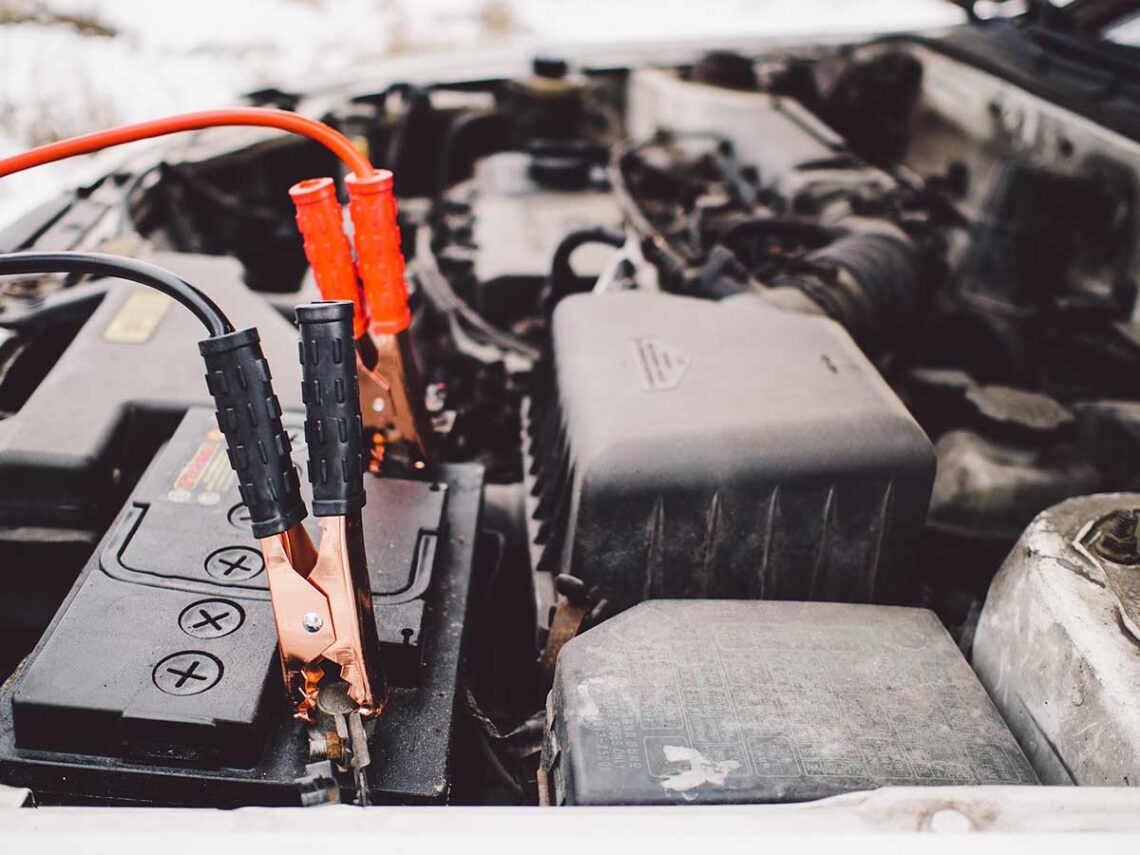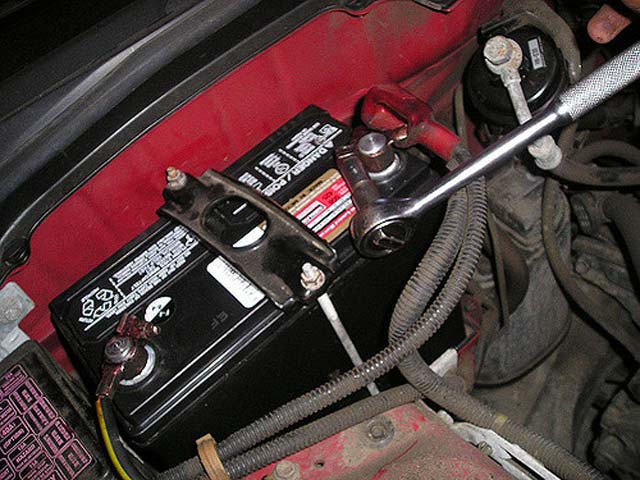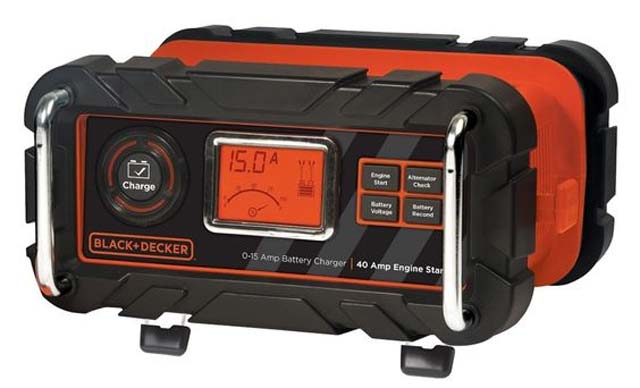Car Battery Maintenance
With the wind changing its course and season approaching in full swing. It is that time of the year when you have to prepare your vehicle against the weather to keep it work to the best of its ability. One of the most essential components of a car that faces the greatest damage is the car battery. It is no hidden fact that the car battery starts losing power as the temperature drops, and before you know, it is dead leaving you stranded. If you want to avoid being abandoned, then now is the time to act. Here are some pointers that will be running without any glitches after battery maintenance.
1- Car Battery Replacement:
First and foremost, it is your duty to prevent any battery damage symptoms in the car. Hence, if you are already experiencing difficulties in getting the car started or facing frequent battery leakages and low battery fluid level. Then you should understand that the battery will expire sooner or later. A car battery can last up to four years (depends on the battery type), so if it is already in its fourth year then instead of wasting time on its maintenance, it is better to replace the battery with a new one. Otherwise, the battery could leave you in the middle of the road where there will be no other option then jumping your car battery.
2- Battery Cleaning:
Over time the battery is likely to accumulate a lot of dirt and rust on its surface. However, which can cause current leakages, hence affecting its starting capability. To avoid it, you need to take a good look at it for signs of corrosion or slime. It is advised to detach the battery terminals with suitable box wrenches. Once released, the terminals should be thoroughly cleaned with the help of a wire brush to scrape off any filth. Once the cleansing is complete, make sure you tighten the terminals while attaching them to the battery.
Examine your car’s battery terminals by popping the hood. On the positive or negative terminals, is there something that looks like white powder? Since internal battery cells can sulfate and flake/shed material, this indicates that your battery connections are corroded. Battery corrosion works as resistance and makes your battery work even harder. Disconnect both terminals and gently remove the dirt and filth using a moist towel, baking soda, water, and a stiff toothbrush to remove the corrosion.
Apply a tiny bit of petroleum jelly, or Vaseline, to each terminal before reconnecting. By doing this, you may help seal off the air and stop corrosion from happening later on.
3 – Hold Off on Activating Your Auto Accessories:
How delightful it is to hop in your car in morning, crank up the warmth, turn on the seat warmers, and crank up some music from the radio. When you start your car, these gadgets can significantly deplete your battery.
Rather, wait a few minutes for the alternator to fully charge the battery after starting your car. Make it sure before putting on the warmth and other equipment. Aim to stay away from utilizing any superfluous extras, such the heating on the passenger seat. By doing this, you may save energy and stop further draining of your battery.
4 – Short Drives Deplete Vehicle Batteries:
Your car’s battery is only recharged by the alternator when the vehicle is moving. Short travels, such as from home to work or home to the grocery shop, won’t give your alternator enough time to replenish the battery energy.
Consider going the extra mile or shopping at a grocery store a few miles away from your usual one. The extra few kilometers you drive will assist keep your battery charged. It will provide information that driving conditions are safe and the roads are clear of snow and ice.
5 – Parking Your Vehicle:
Whenever feasible, try to park your automobile in a garage. It will assist in safeguarding your automobile battery whether it is in your house garage or the parking garage at the mall. Keeping your car inside a garage typically results in slightly milder temperatures than leaving it outdoors. If you must park outside, make an effort to choose a spot that will shield you from the wind.
6 – Check Before The Cold Sets In:
Replacing a dead battery at your convenience, such as on a warm summer Saturday morning, is significantly simpler. Car batteries start flying off the shop shelves when those who neglected maintenance discover their car won’t start.
You may also bring your battery for maintenance to your neighborhood mechanic, who will assess its general condition using a portable device. It is strongly advised that you complete the procedure in the late summer or early fall, as it takes around five minutes.
Related Pick: 10 Best Winter Car Care Tips to Follow
Make it a point to get your car battery maintenance by a skilled mechanic to keep it in good condition. Moreover, even the battery is already in good shape, there is still a probability that the car’s alternator may not be working properly. Therefore, which will result in the battery losing charge. Therefore, it is advisable to get professional assistance in this auto emergency situation.
7 – Purchase a Car Charger:
If the car is left unused for a long period of time, the probability of issues gets even higher. As per rule, an average battery can lose up to 5% of its charge every month if it doesn’t get a recharge. Additionally, if it is an old battery, the self-discharge rate is even higher. However, it is only appropriate to get a car battery charger or a battery tender plus to keep the battery charged.
Batteries that are fully charged usually don’t freeze until the ambient temperature drops below -72F. But even at 32 degrees Fahrenheit, half charged batteries can freeze. If it appears that your battery may be becoming a little low on energy, think about getting a vehicle battery charger and connecting it to your battery. Plus, the charger can jump-start your battery, saving you the trouble if your car won’t start one morning.
Though the odds of you facing a car problem are higher. Therefore, now you have all the necessary information to avoid any major car battery issue and are also well equipped to handle any inconveniences. You may also consider the Vehicle Battery Safety Fact Sheet by Texas Department of Insurance (TDI).



